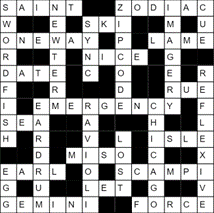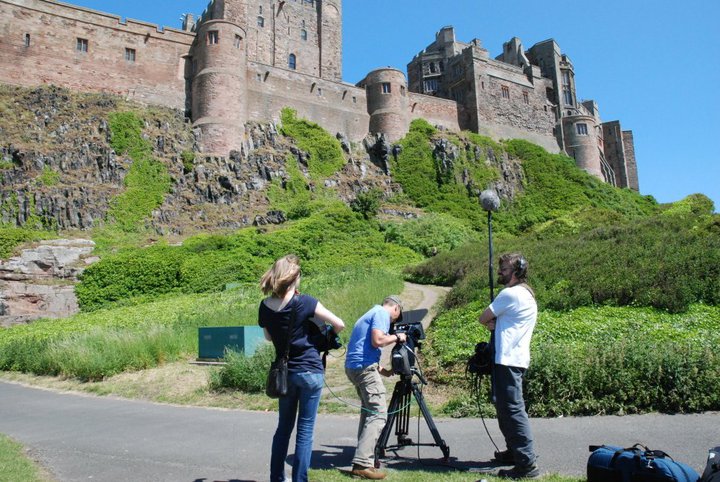Oxford University is the best university in the world. Coming here, I expected a culture of debate, academic challenges, and to be surrounded by students who would seek new ideas and adamantly defend their opinions once formed. For the most part, I am proud to come from a politically active university. However, after getting involved in the Oxford Union, I realise how some individuals avoid the opportunity to actively engage with and challenge those they disagree with.
This term, the Oxford Union has hit the student and national press by inviting Dr Kathleen Stock OBE to speak on her views about gender identity theory at the end of May. Stock gained notoriety in 2018 after opposing proposed changes to the 2004 UK Gender Recognition Act. These changes would allow people of any age to legally self-identify as a particular gender, without the requirement of a psychological or medical diagnosis. Last term, the Union made international headlines by hosting the Israeli Ambassador, Tzipi Hotovely, resulting in the President facing an invalid motion of no confidence and protestors chanting ‘Charlie, Charlie, you can’t hide, you’re supporting apartheid’. Along with hosting David Starkey in that same term, the Oxford Union is consistently at the heart of controversy. The student population in Oxford is fantastically outspoken, brave and intelligent, consistently voicing their opinions, protesting, writing for student papers and raising awareness online by condemning these speakers’ views, as well as the Union for hosting them. However, there seems to be an increasingly stark difference between the number of people who disapprove of such views and those willing to come to challenge them.
Challenging these speakers in person, and in front of peers, can be difficult. I don’t support young people who may already come from minority or oppressed groups having to take on the burden of defending their own rights in the chamber. I do, however, believe that, as much as I find some speakers offensive, the Union should not rescind invites on the basis of Oxford students disagreeing with their views. The Union does not create controversy for its own sake. Speakers are chosen because their opinions may be important for today’s discussions or appropriate to one side of a debate. With the Union remaining separate from the University, the former having been formed 200 years ago, it is the only place where students can have access to these conversations. To start selecting what is ‘beyond discussion’ feels like a slippery slope to losing a rare platform, which endeavours to challenge all opinions opening up the left-leaning student sphere to views we might otherwise never have been able to hear.
So why does the Union not cancel speakers?
At the centre of this debate is the idea of ‘platforming’. The Union was not made to platform, but to challenge speakers. As such, the Union neither platforms or de-platforms speakers. It would, for instance, be hard to argue that the Israeli Ambassador did not already have a significant platform before her invite to the Union. Admittedly, I did not know who Dr Kathleen Stock was until she appeared on the term card. Stock was, however, awarded an OBE. Surely the recognition of the state constitutes an existing platform? The comment heard so often when these speakers come is: ‘Nobody knows who they are, why is the Union raising awareness of these views?’ This is a fundamental problem, given that the student population is likely not to support preventing a ban on conversion therapy or prohibiting self-identification. Equally, there is a significant amount of people in the UK, and particularly in America, where Stock’s rhetoric is seen not as hateful but as reflecting the views of many. As the Union makes headlines around the world, it is responsible for providing a place for all views to be expressed, even if the student population does not agree with hosting certain people within their student sphere.
Like many, I came to this University to gain exposure to other opinions and to be encouraged to learn and understand views I might disagree with. I have spent the past week in silence not because I wanted to be complicit in harming a community, but to take the time to educate myself so that I can challenge Stock in the chamber. Everyone will respond to hurt differently, but rescinding her invitation also prevents people who are willing to challenge her from speaking. When the YouTube video of Stock is published, most of the viewers will either be those who follow her or those who despise her. There is no better way to support the trans community than going into the spaces that oppose it and bringing the challenge to them. Defending one’s right to exist is awful, and should not be anybody’s burden, but for those willing to speak directly to those who oppose their views, in a controlled environment, is an opportunity I think they should seize.
Rescinding an invitation or not inviting certain speakers also poses the question of how far free speech should go in this university and to whom it should not extend? Opening this up seems like opening a floodgate to an impossible challenge that could bring another harmful culture of comparing the offence experienced by different minority groups. For example, the Israeli Ambassador faced a large enough number of students who felt personally affected by her invitation that large protests could take place online or in person. But what would happen to smaller minority groups who feel equally attacked but cannot make as much noise to get invites rescinded? How would the Union decide which topics are off limits and which events will do more harm than good?
Finally, the core reason why so many speakers remain free to speak at the Union is that they are protected by Human Rights Law, namely freedom of expression. In Stock’s case, she has not currently committed hate speech, and her views as of 2021 are protected under the Equality Act of 2010, as gender-critical beliefs are protected. Thus, cancelling is not only a political battle but a legal one too. To ignore the rights of anyone simply because one opposes their views is, I believe, to stifle conversation and critical thinking.
‘I disapprove of what you say, but I will defend to the death your right to say it’. – Voltaire
As the Union celebrates its bicentenary year, its need to uphold free speech is stronger than ever as the world begins to face new challenges it has not recognised before. With Stock’s appearance at the Union coming against the backdrop of Florida Republicans calling for a bill to remove trans kids from their parents, the need for views like Stock’s to be challenged on the Union’s platform is not only important but necessary. The need to acknowledge the opinions of the community the Union sits in has become more important as students struggle to accept an institution that some so adamantly disagree with. The future of university cancel culture, free speech and the aim of building bridges between the Union’s global perspective and Oxford’s student-wide one remains unclear. Like many institutions, the Union has not always managed to challenge speakers properly. As such, it is valid to question whether or not it really does. However, with the Union standing and continuing to stand, I believe that its future relies on more members coming to challenge speakers rather than just protesting them online, where it is much easier to be ignored. As of last term, the Union now enables members to send in questions, meaning that those who may feel threatened by a speaker’s views do not need to enter the chamber but can know they will be heard. My only hope for the Union and for students of this university is that enough of have the strength to question speakers like Stock, David Starkey and the Israeli Ambassador in person, allowing us to challenge, not de-platform, them.
Image Credit: U.S. Department of State//Public Domain via Wikimedia Commons












